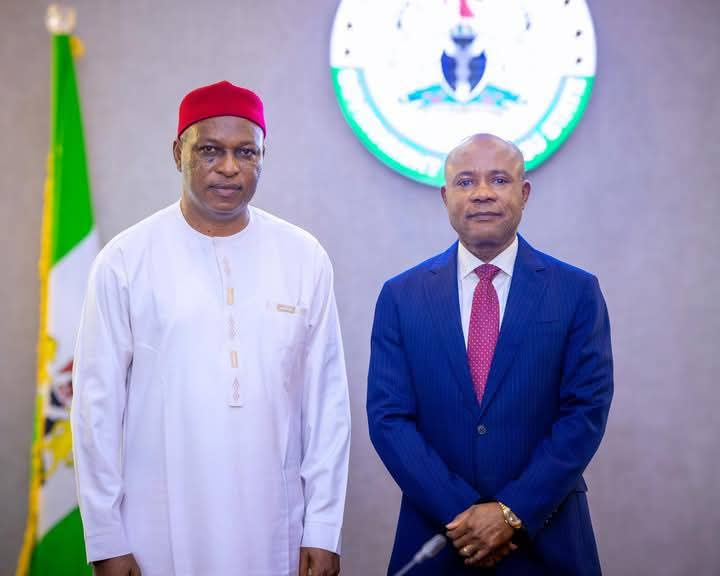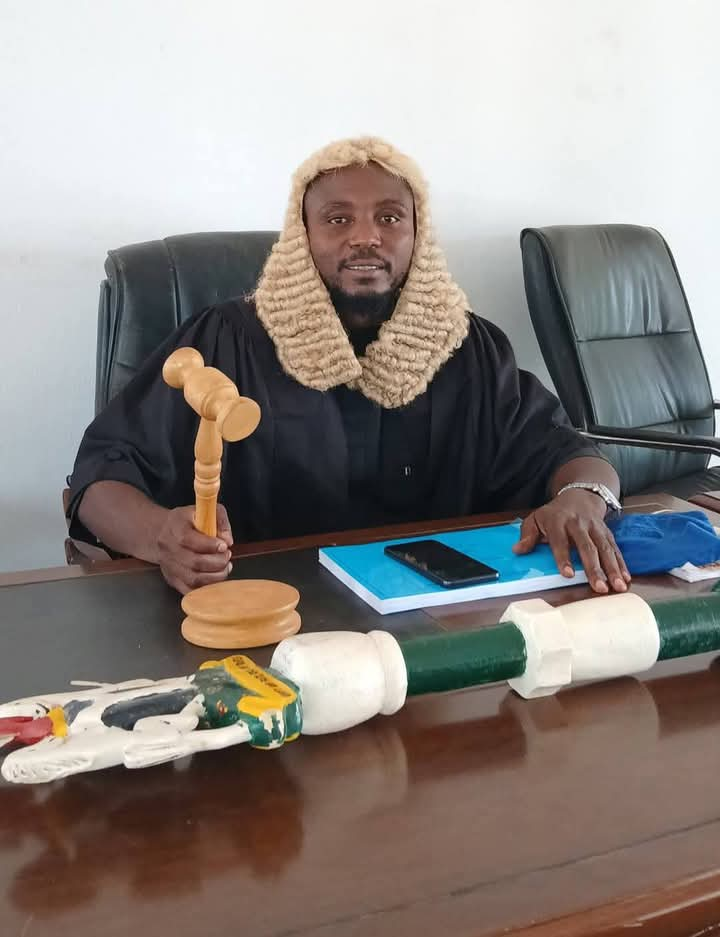In a dramatic turn of events during Tuesday’s plenary session, Cyril Hart, a representative from Rivers State’s Degema/Bonny Federal Constituency, left the House of Representatives, accusing Deputy Speaker Benjamin Kalu of bias against newly elected lawmakers.
Hart, a member of the Peoples Democratic Party (PDP), leveled his accusation shortly after a motion was raised by a congressman from Borno State’s Damboa/Gwoza/Chibok Federal Constituency. The motion condemned the recent suicide bombings in the northeast that claimed several lives.
During the debate, several prominent legislators, including Idris Wase, chairman of the House Committee on Navy, and Babajimi Benson, chairman of the Committee on Defense, were recognized to speak by Kalu, who was presiding over the plenary in place of Speaker Tajudeen Abbas. Notably, the majority of those given the floor were ranking members of the legislative chamber.
As Kalu prepared to put the motion to a vote, Hart raised a point of order, expressing his frustration with the perceived preferential treatment. “You don’t give newcomers preference. You don’t,” Hart stated, to the applause of his colleagues, many of whom cheered his intervention. He continued, “Ranking members make up the majority of those who spoke. You always act in this manner. It’s important to let newcomers contribute.”
Kalu countered Hart’s accusation by stating, “The parliament does not practice discrimination.” He explained that even he was once a novice and that legislators’ seating arrangements often determine their visibility and chances of being recognized to speak. “Legislators may go unnoticed if they are not seated in the assigned row,” Kalu noted, emphasizing that the arrangement of lawmakers plays a role in their acknowledgment.
Despite Kalu’s explanation, Hart was dissatisfied and made a show of walking out of the chamber, voicing his complaints as he exited. His departure highlighted the ongoing tension and perceived inequities within the parliamentary process, particularly regarding the participation of newly elected members.



